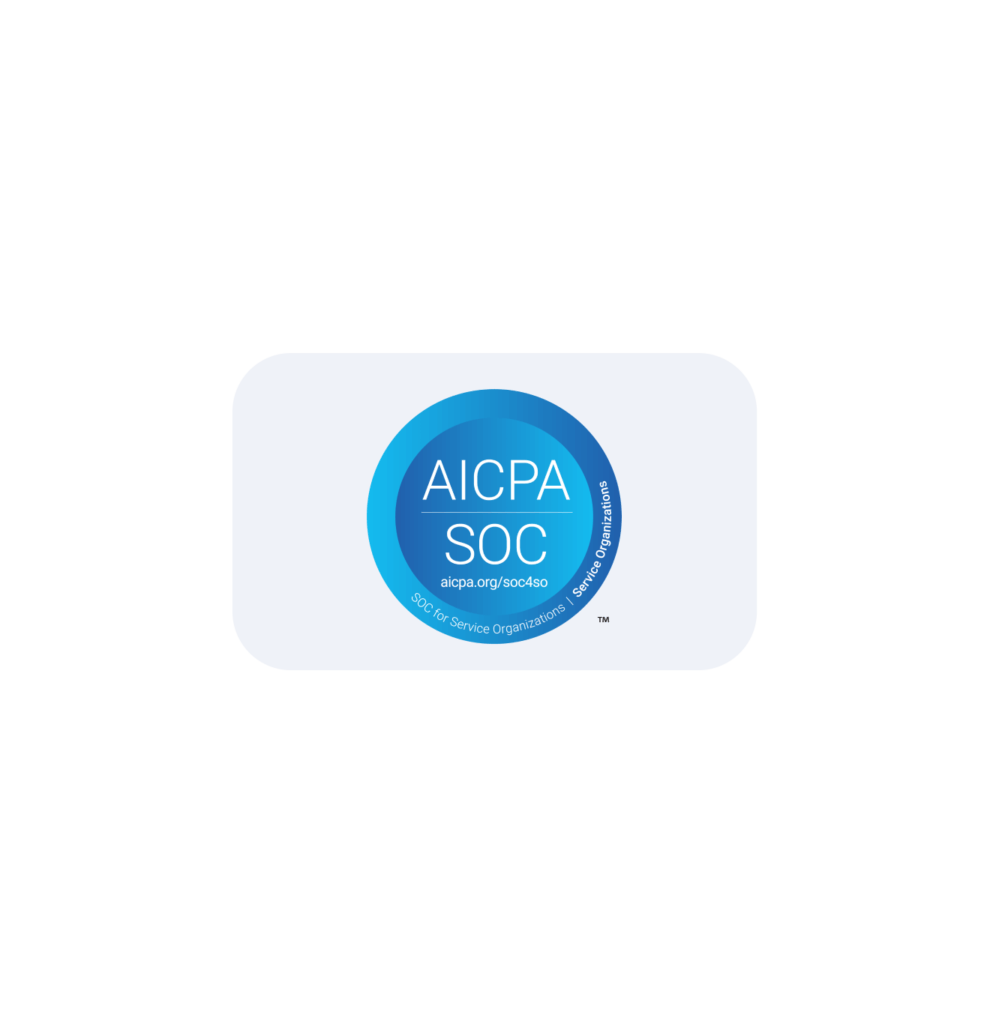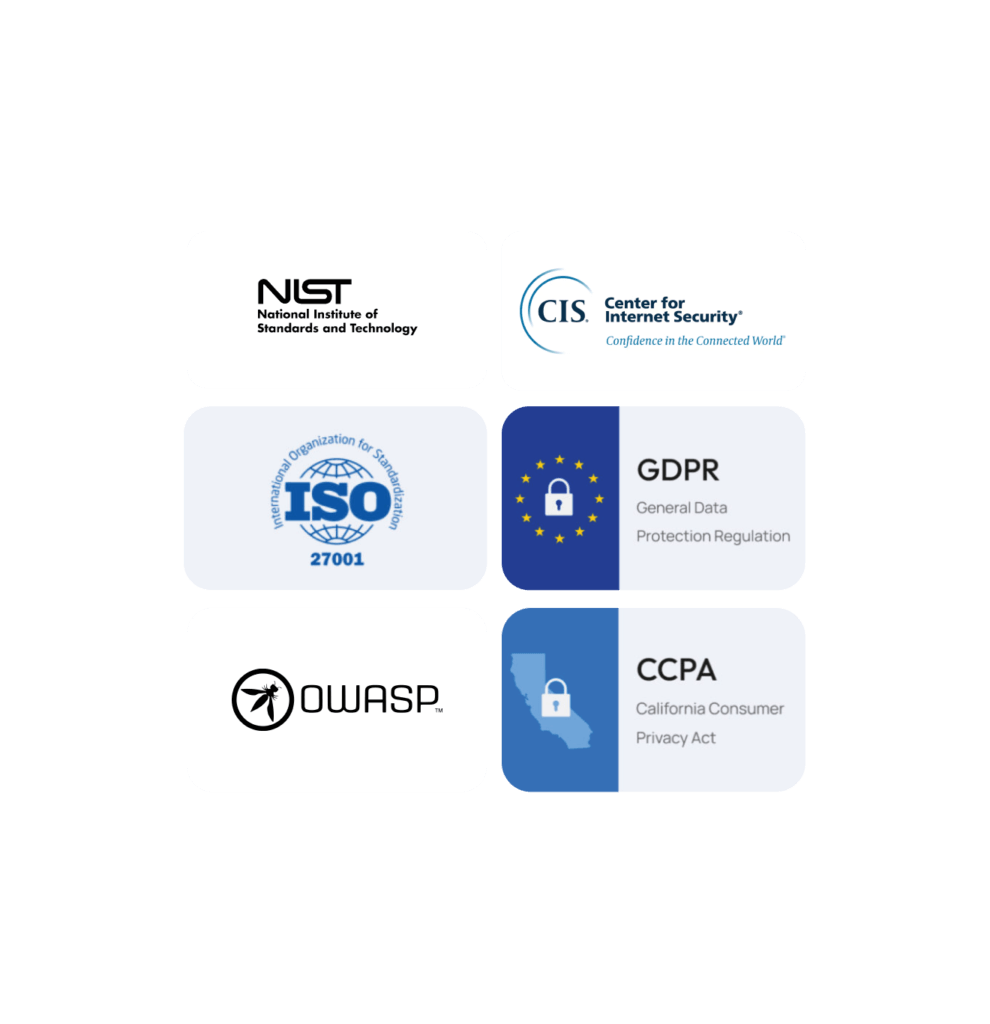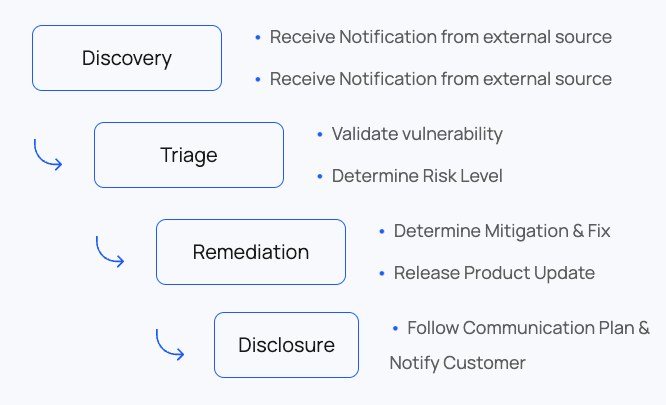This policy applies to the following systems and services:*.kodelabs.com
Any service not expressly listed above, such as any connected services, are excluded from scope and are not authorized for testing. Additionally, vulnerabilities found in systems from our vendors fall outside of this policy’s scope and should be reported directly to the vendor according to their Disclosure Policy (if any). If you aren’t sure whether a system is in scope or not, contact us at [email protected] before starting your research.
Although we develop and maintain other internet-accessible systems or services, we ask that active research and testing only be conducted on the systems and services covered by the scope of this document.
If there is a particular system not in scope that you think merits testing, please contact us to discuss it first. We will increase the scope of this policy over time.




